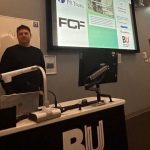 Produced by Guest blogger
Produced by Guest blogger
My name is Ellie and I am in my third and final year studying BSc (Hons) Paramedic Science at Bournemouth University!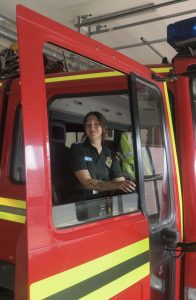
Initially university was quite intimidating for me, I had been out of education for nearly four years, meaning I was classed as a ‘mature student’, and I was nervous I’d be at a disadvantage with academic writing and classroom-based learning. My worries were quickly eased when I discovered the course offers a blended learning style of 50/50 practical and theory, and this later became one of my reasons for choosing BU. Having the opportunity to practice lecture learnt theories and skills in a variety of practical environments (such as in the ambulance simulation suite on university campus, or on ambulance placement shifts out on the road) has proven to be incredibly valuable and really allows for consolidation of learning.
Between them, the lecturers have many(!) years of experience, not only in the ambulance service, but also other urgent and emergency care settings, which gives a great perspective when learning and emphasises how the content can apply to practice. It also means that they provide a unique level of support and understanding; from essay guidance and academic explanations, to empathetic conversations after difficult placement shifts. They work hard to provide opportunities for off-campus simulations and scenario days, which is beneficial as it often gives exposure to the multi-agency aspect of the role (a big plus – you also get to meet great people, and see super cool and interesting things too!).
BU has been nothing but accommodating when it comes to advanced learning needs (ALN); I was concerned my own ALN could be a barrier and even potentially prevent me from becoming a paramedic, however adjustments that were made have given me a great level of reassurance and allowed me to develop, both in university and on placement.
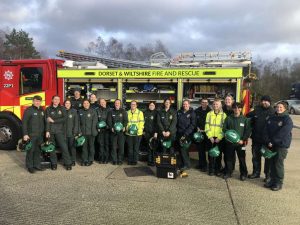 Finding your feet on placement can be quite scary at first, but working closely with a range of paramedics allows you to develop solid professional relationships and ensures a supportive learning environment. I feel lucky to have been placed within a great team, they have consistently supported and pushed me to be my best self, I have gained a newfound confidence and independence – I will undoubtedly keep in touch with them! In fact, I am excited to qualify and have my own students in the future, I understand how difficult it can sometimes be as a student paramedic and I will endeavour to make the same difference my team of mentors have made for me.
Finding your feet on placement can be quite scary at first, but working closely with a range of paramedics allows you to develop solid professional relationships and ensures a supportive learning environment. I feel lucky to have been placed within a great team, they have consistently supported and pushed me to be my best self, I have gained a newfound confidence and independence – I will undoubtedly keep in touch with them! In fact, I am excited to qualify and have my own students in the future, I understand how difficult it can sometimes be as a student paramedic and I will endeavour to make the same difference my team of mentors have made for me.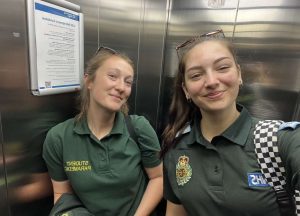
It can be easy to get overwhelmed and feel a little lost due to the unpredictable and somewhat uncomfortable nature of the career, but I find that recalling why you wanted to start the course and remembering the positive impact you can have on people’s lives, can help to keep you focused and motivated.
Be prepared to work hard, not just to pass the degree, but to invest in yourself and become the paramedic you want to be. It is important to have a realistic understanding of the ambulance service, recognising that “making a difference to individuals’ lives” isn’t always about the adrenaline inducing jobs, but the meaningful and everyday ones too. There is no doubt that it has been demanding and intense so far, however I have been given incredible opportunities, had some of the most rewarding experiences, and have even met friends for life – now I couldn’t imagine myself doing anything else, anywhere else!
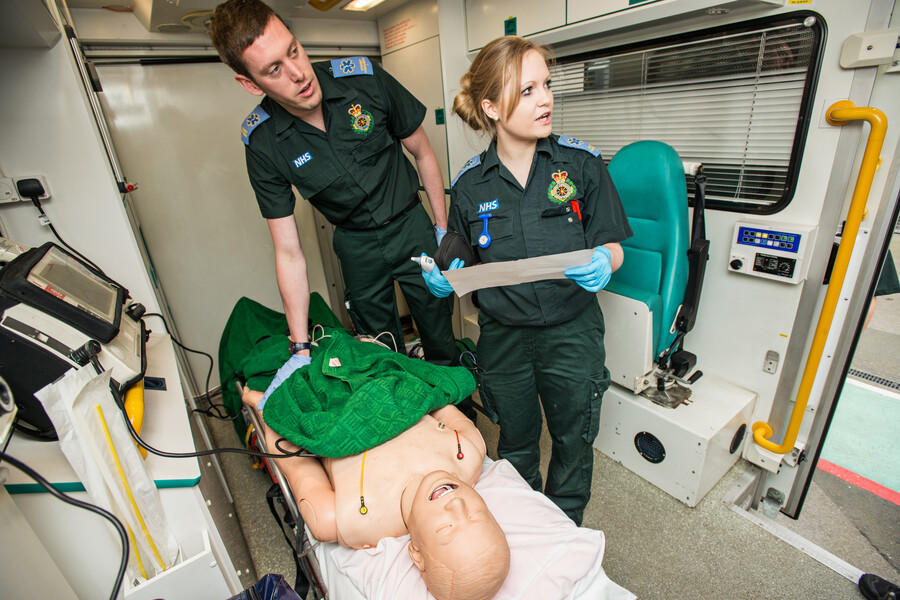
 Tips for application process and interview day for paramedic science
Tips for application process and interview day for paramedic science Life as a student paramedic during the pandemic
Life as a student paramedic during the pandemic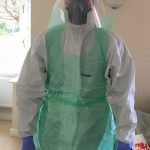 My BU student Paramedic experience
My BU student Paramedic experience When Godzilla attacked, the PR students stepped up
When Godzilla attacked, the PR students stepped up